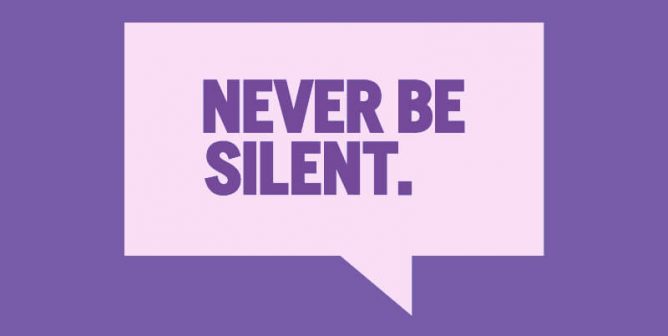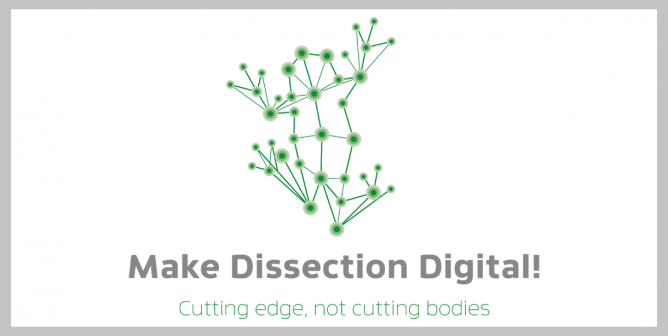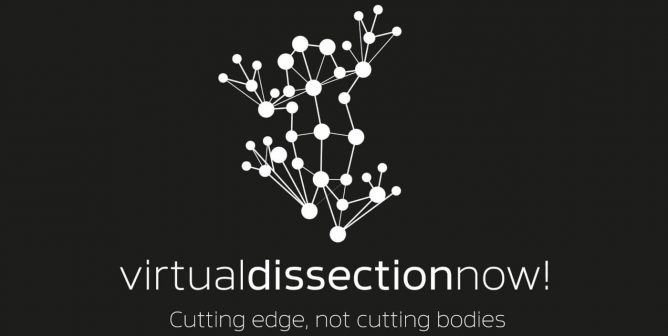TeachKind staffers are always up for an outreach opportunity—we love helping teachers incorporate compassion for animals and humane education into their classrooms. This school year was particularly busy, filled with outreach, tabling, professional-development training, and more. Check out some of the highlights from the 2017–2018 school year: August 2017 TeachKind traveled to Vancouver, British Columbia, … Read more »
TeachKind teachers—like you and me—are always seeking ways to make our classrooms even more animal-friendly and teach compassion for all by using cruelty-free cleaning supplies, saving frogs, and addressing the bullying epidemic. We know that animals are not classroom tools, yet sometimes, the tiniest animals are snuck into ecology classroom projects—and that’s not OK. Here … Read more »
Meeting curricular goals without harming animals is a win-win situation for students, teachers and schools. Long gone are the days of dissecting formaldehyde-laden animals and stuffing live fish into 2-liter bottles. Because our knowledge of animal sentience has evolved, science educators are increasingly rejecting those lessons in cruelty. Rather than defaulting to archaic animal experiments … Read more »



















